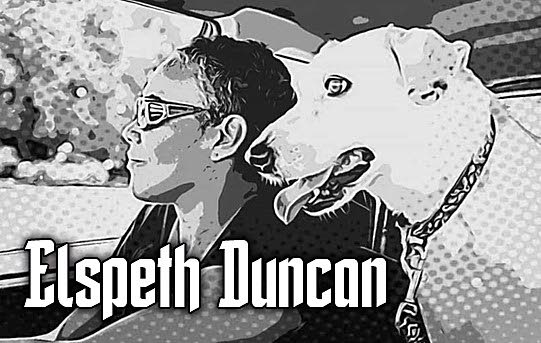Give us more than words

I was struck by the words that closed the speech made by the Prime Minister at the recent UN Climate Change Conference 2021 (COP26): “Let’s work for the survival of ours and all species. Let’s not choose extinction.”
Such a statement could only authentically be expressed by a leader who is deeply invested in ensuring the well-being of all living creatures; one who, in pursuit of "development," remains steadfastly committed to establishing the highest levels of environmental stewardship, working intimately with environmental stakeholders to master the finely choreographed dance between man and nature, progress and protection, striving for balanced co-existence.
However, quite like someone who says “I want to go on a serious diet” while copiously consuming slabs of rich chocolate cake, the closing statement of Dr Rowley’s COP26 speech does not reflect the reality of certain developmental decisions being made by the government.
For example, it is incongruous to express the need to "work for the survival of ours and all species" while forging ahead with plans to construct a massive multi-billion, multi-purpose port in Toco – a project which would threaten the existence of (among other things) the endangered Northwest Atlantic leatherback turtle, for whom (according to Scott Eckert, director of Widecast) "two of the largest nesting populations...are located on either side of the proposed port site."
Environmental journalist Mark Meredith explains more in an article which begins: “The leatherback turtle is in 'precipitous decline.' But Trinidad, uniquely, has the capability to reverse an alarming regional 'collapse.' The multi-billion-dollar port in Toco may have been 'shelved' because of covid19, but the application for a Certificate of Environmental Clearance (CEC) for the project is very much alive. If granted it may well scupper the leatherback’s survival chances and any prospects for sustainable tourism in the northeast. As for Toco’s unique coral reefs, they would be obliterated.”
(Full article online at https://tinyurl.com/Toco-Hope).

In his COP26 speech, Dr Rowley also pleaded for help against the loss of TT’s coastlines and reefs:
"TT is a small island developing state already experiencing the effects of climate change. Loss and damage are already clear in the aggressive erosion of our coastline and the bleaching of our coral reefs. Tackling loss and damage must remain a critical and core issue of any global climate-action framework.”
Tackling loss and damage must also be a critical and core issue of any local development-action framework. For example, the proposed construction of the Marriott Hotel at Rocky Point, Tobago is of concern for environmental stakeholders who state that any major works conducted at that location could negatively impact the nesting habitat of leatherback and hawksbill sea turtles and the reef habitat of resident juvenile green and hawksbill. These are environmentally sensitive species protected (or supposed to be) by various treaties.
While some might label rightfully-concerned conservationists as "anti-development naysayers," they can more aptly be described as being pro-sustainable development, encouraging initiatives like voluntourism, eco-tourism and scientific tourism. Such visions are more in alignment with Tobago’s "eco" marketing thrust than a $500-million, 200-room hotel whose plans reveal massive removal of vegetation, construction of retaining walls and other factors that have potentially adverse downstream effects – eg increased coastal erosion and damage to existing terrestrial and marine habitats (inclusive of the reef, a prime diving site).
Unlike "extinction" (whereby a species no longer exists anywhere in the world), "extirpation" refers to a species or population that no longer exists at a particular geographic location.
In Tobago, the following species have been extirpated by overhunting: red brocket deer, quenk (wild boar), ocelot and morocoy.
The Tobago-based non-profit organisation Corbin Local Wildlife Park has been successful in breeding quenks and is hopeful about hatching recently-laid morocoy eggs.
Ian Wright, co-founder of Corbin, laments the government’s lack of action in mandating controlled, sustainable hunting to support the survival of local wildlife species.
He points out that tatous are becoming scarce, turtle carcasses litter beaches, black hawks and sally painters are dying off after consuming the toxic carcasses of crop-eating agoutis poisoned by farmers. The list goes on...
If not addressed urgently, not only climate change, but lack of change in our government’s approach to ongoing "development" will lead to inevitable environmental demise. With biodiversity loss as one of the world’s most critical crises, all hands must be on deck, locally and globally, to ensure that the closing words of Dr Rowley’s speech are not just that...words.


Comments
"Give us more than words"